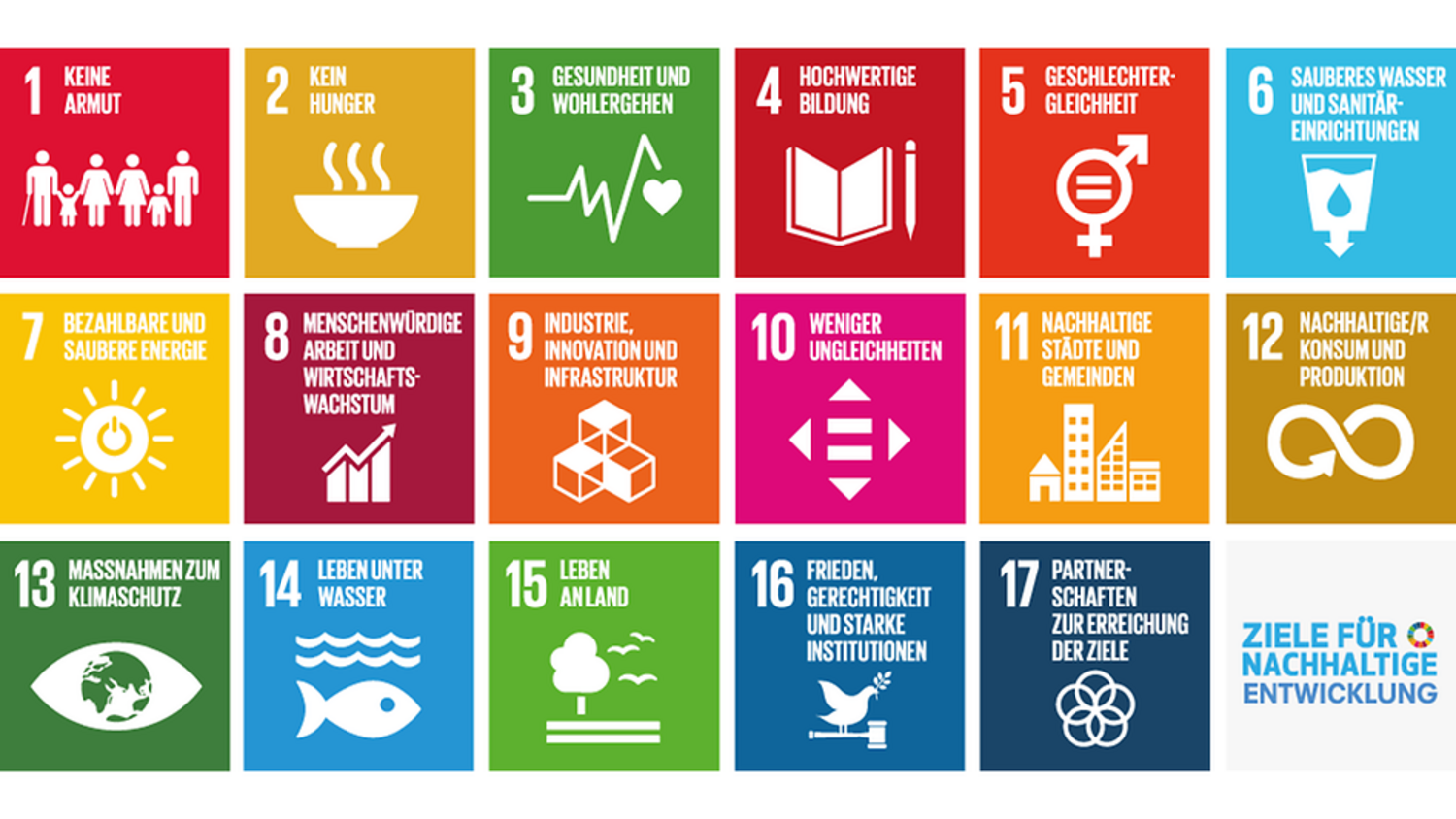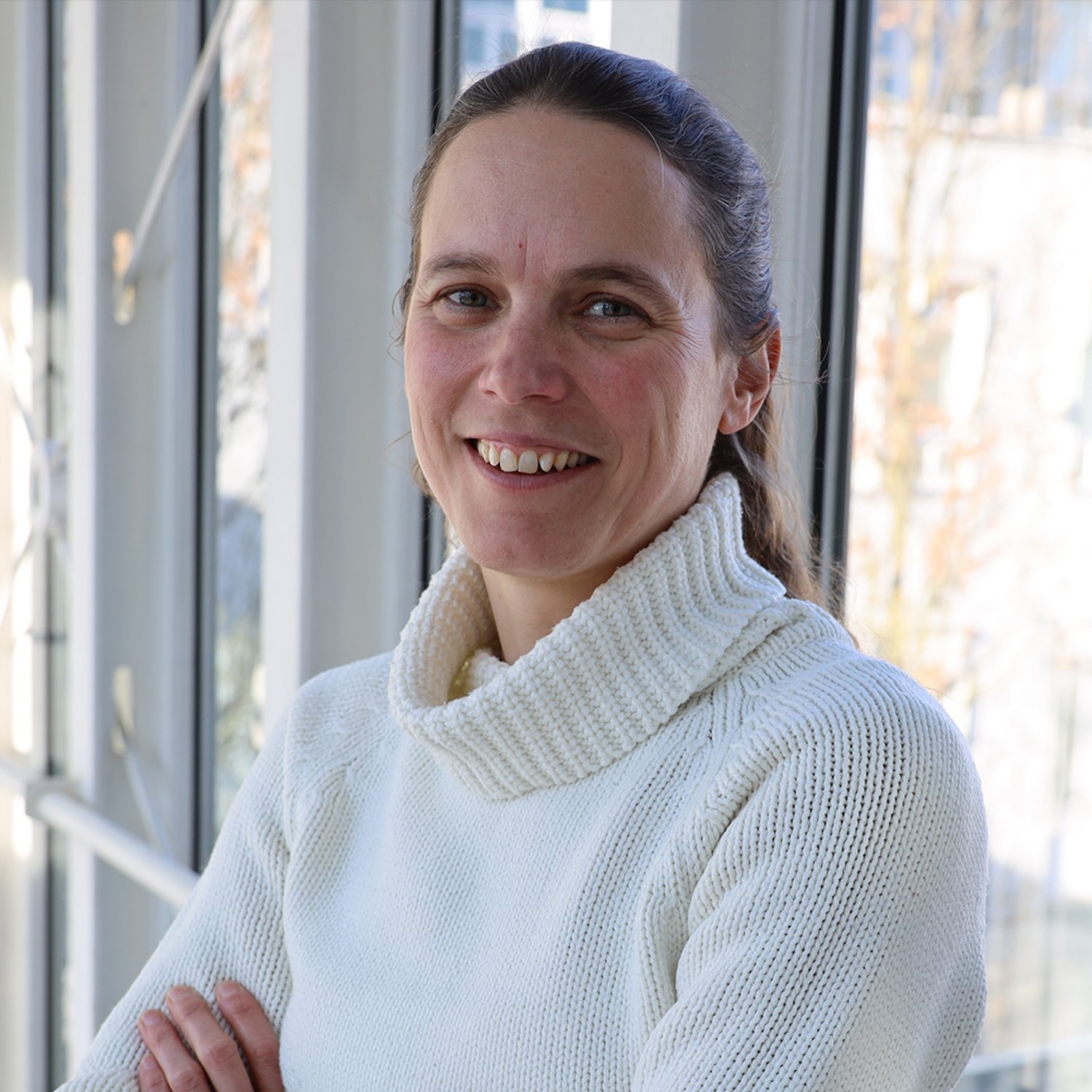

Accredited degree program
Digitalisation, Process Optimisation & Management
Bachelor of Arts
The study programme offers training in the three pillars of Business, Optimization/IT and Process Management. In addition to traditional business management topics, the programme focuses in particular on topics such as Algorithms, Mobile & Web Applications, Data Science & Machine Learning, Operations Research and Processes & Simulation and provides insights into new technologies. The programme's content is aimed at preparing students for the increasingly digitalised economy, in which there is a clear focus on process optimization.
| Start | Winter semester |
|---|---|
| Admission Criteria | Open admission (no numerus clausus) |
| Application period | 15.04.2026 - 15.07.2026 |
| Study format | Full time, with in-depth practical experience |
| Study cost | None (only semester fee) |
| Normal duration | 7 Semester |
| Language | German |
| ECTS | 210 |
| Accredited degree program | |
 | |
Sustainability management
Sustainability means satisfying the needs of the present in such a way that the opportunities of future generations are not restricted. The sustainability management competence module helps to distinguish which measures actually help to make our world sustainable and which only make us feel good but do not improve anything. It imparts knowledge and practice-orientated skills in the field of sustainability.
Picture reference
Icons for the Sustainable Development Goals -
when using the United Nations SDG Guidelines
Sustainability Management I
The competence module Sustainability Management I looks at the promotion of the economic view of sustainability and its application in real political and economic contexts. The module begins with an introduction to the theoretical foundations of environmental economics and sustainability, with key concepts such as externalities, the basic model of environmental economics and the economic mechanisms for internalizing environmental costs. The game theory perspective is used to analyze the challenges of global coordination. One focus of the module is on the analysis and evaluation of current political measures to promote sustainability. A practice-oriented component of the module is a simulation game on climate negotiations. Here, students take on the roles of international negotiating parties and simulate real-life negotiation situations to solve global environmental problems.
Contents
- • Understanding of central economic models of sustainability
- • Sound understanding of the economic foundations and political measures of sustainable developmentg
- • Analysis of the international dimension using game theory approache
Application
- - Current policy instruments of sustainability
- - Simulation game on climate negotiations
Contents
- - Understanding the key socio-ecological challenges of the 21st century
- - Learning about the 17 SDGs and institutional and private approaches to realising these goals
- - Assessing the opportunities and limitations of the approaches
Application
- - Implementing what you have learned in a non-profit organisation that contributes to achieving the SDGs
Sustainability Management II
The competence module Sustainability Management II promotes an understanding of the 17 SDGs (Sustainable Development Goals) and their implementation in real contexts. The module is divided into a theoretical and a practical phase. In the theoretical phase, basic knowledge of the SDGs is taught. In the practical phase, students are allowed to apply what they have learned in a real context by making their own contribution to achieving the SDGs as part of a voluntary activity with a non-profit organisation.
Responsible for the Competence module Sustainability Management
Prof. Dr. Christiane Reif
Prof. Dr. Sara Siakala


